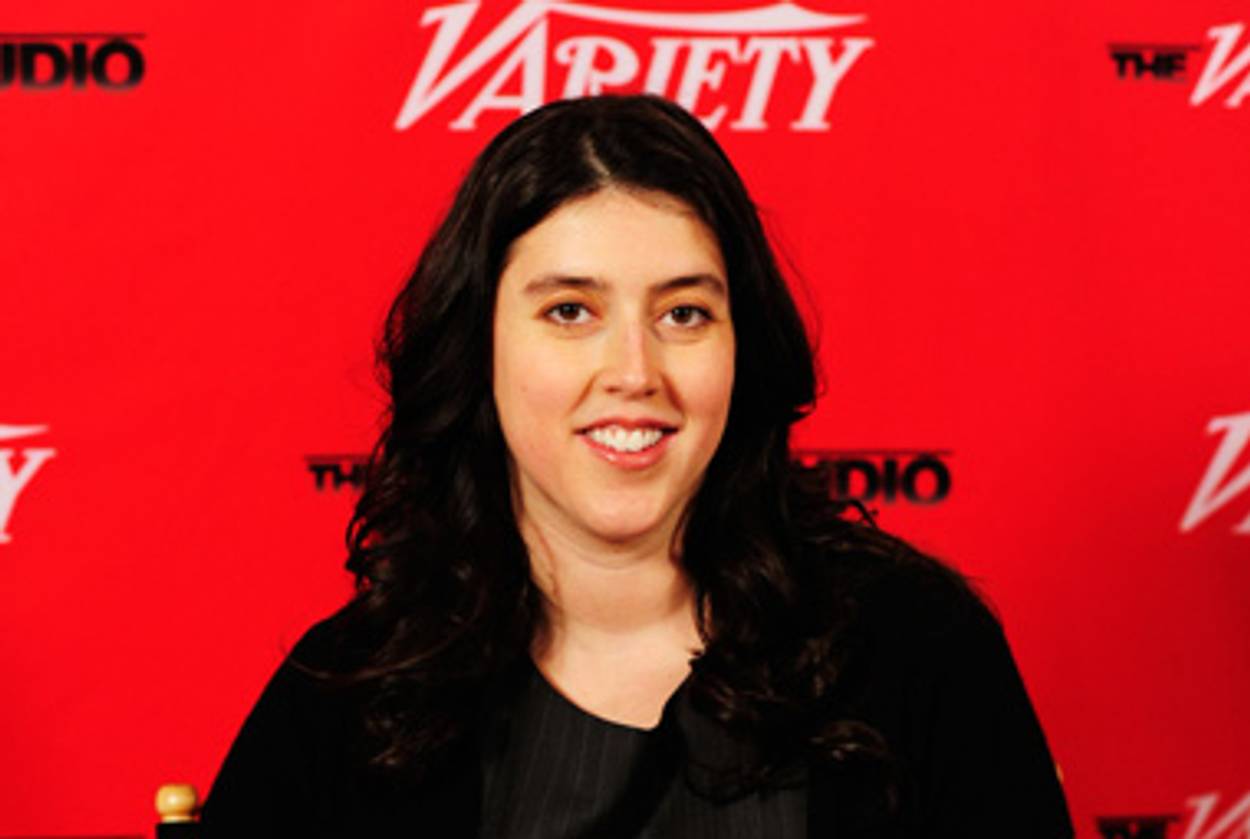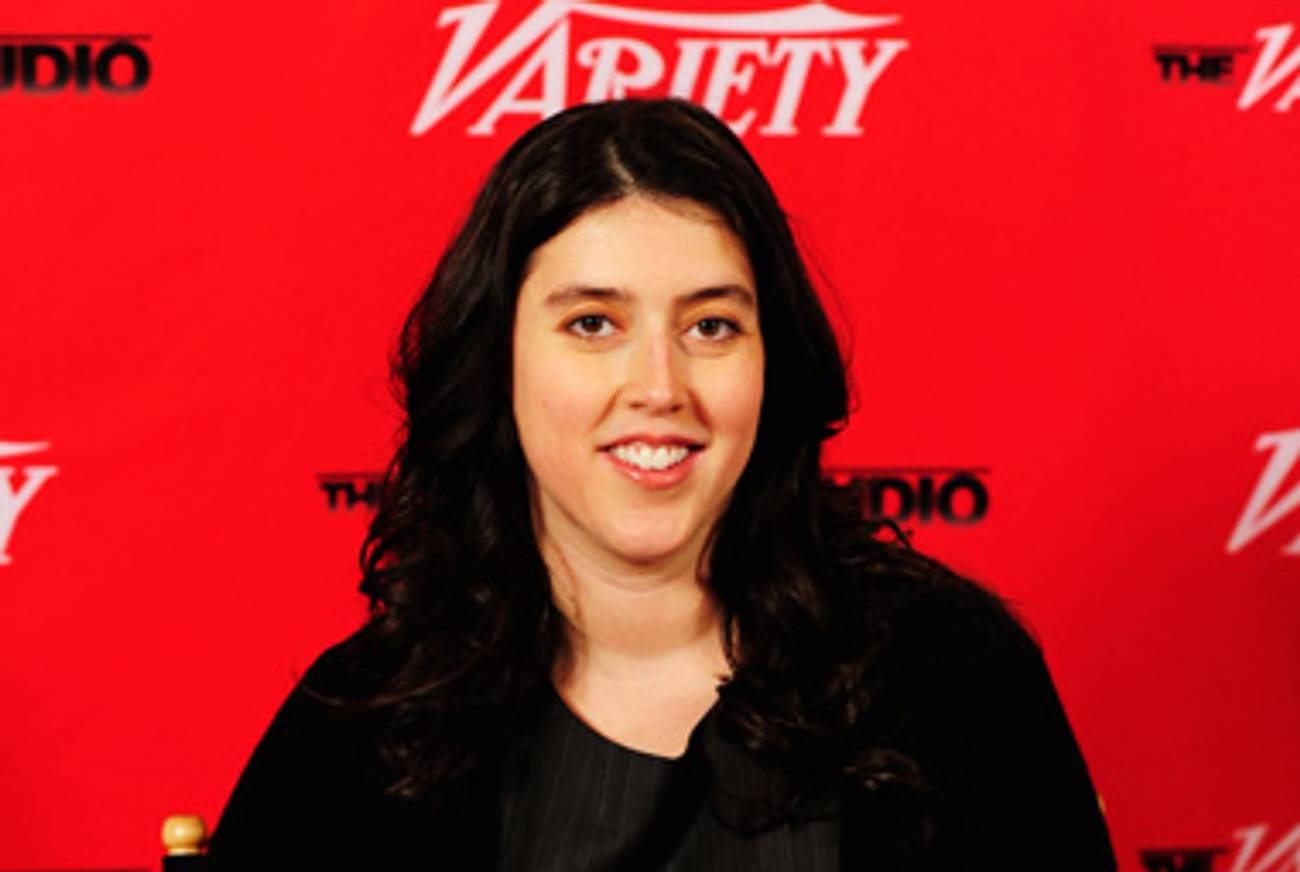The Show Must Go On Without Ai Weiwei
Alison Klayman’s documentary premieres at Sundance to raves




The Los Angeles Times has a dispatch from Park City, Utah, and the premiere of the documentary Ai Weiwei: Never Sorry, directed by Alison Klayman, whom I profiled last week. The film about the iconic Chinese artist “inspired a rare standing ovation and a general activist fervor at the Utah film gathering,” the Times reports. “Members of the audience praised the director and expressed a willingness to get involved as they noisily exited the theater.” The film concludes with Ai’s nearly three-month detention last year and its aftermath, in which even the outspoken Ai will not discuss what happened to him for fear of retribution. The report continues:
At the post-screening question-and-answer session, Klayman explained that it was this ban that prevented him from coming to Sundance. “A year ago he would have been here,” she said. Even a planned video linkup had to be scuttled because of ban-related fears.
“Things have been changing since [he was detained]. He does have to be more cautious.” Klayman said. But she added that since the government hit him with a $2-million tax bill, he has grown increasingly discontented and willing to speak out a little more freely. He has seen the film, she told the audience, who was given information and exhorted to tweet about it upon leaving the theater.
In one of the film’s numerous scenes of defiance, Ai describes his motivation for his art and his statements. “If you don’t publicize it, it’s like it never happened,” he said.
Along with a mini-documentary that appeared on the New York Times website this weekend, Klayman wrote, “I hope to inspire new discussions about the role of art, social media, underground documentary and creative forms of resistance in our interconnected world.” Part of Ai’s genius has been his melding of art and politics and his realization that the third thing those two things can agree on is publicity. He therefore, I think, not only legitimized publicity and self-promotion but even made it into its own art form. And Klayman, in turn, figured this out and has used it for her own work, which is itself an act of publicizing Ai. And now here I am promoting my article. It is a very intelligently designed machine that Ai fashioned.
Sundance 2012: Ai Weiwei Screening Becomes a Political Event [LAT 24 Frames]
Ai Weiwei: The Evolution of a Dissident [NYT]
Related: Ai Report [Tablet Magazine]
Marc Tracy is a staff writer at The New Republic, and was previously a staff writer at Tablet. He tweets @marcatracy.